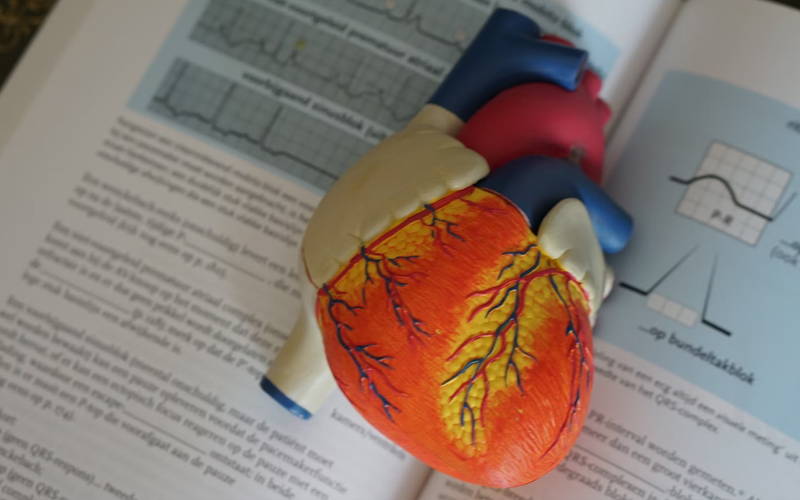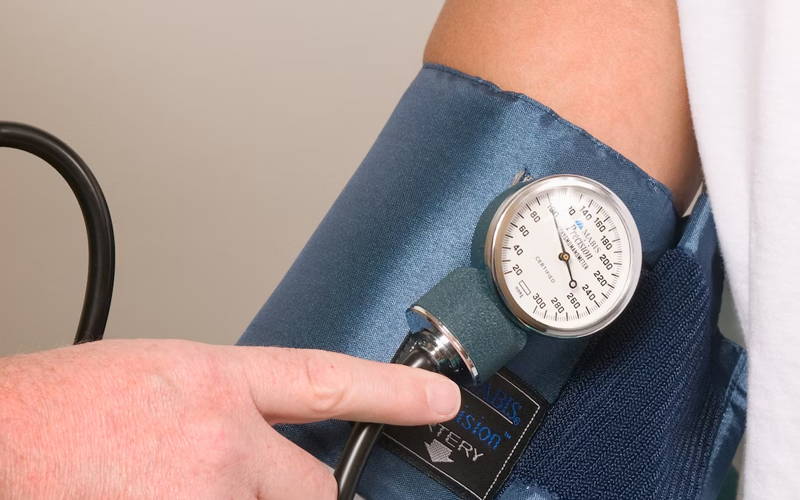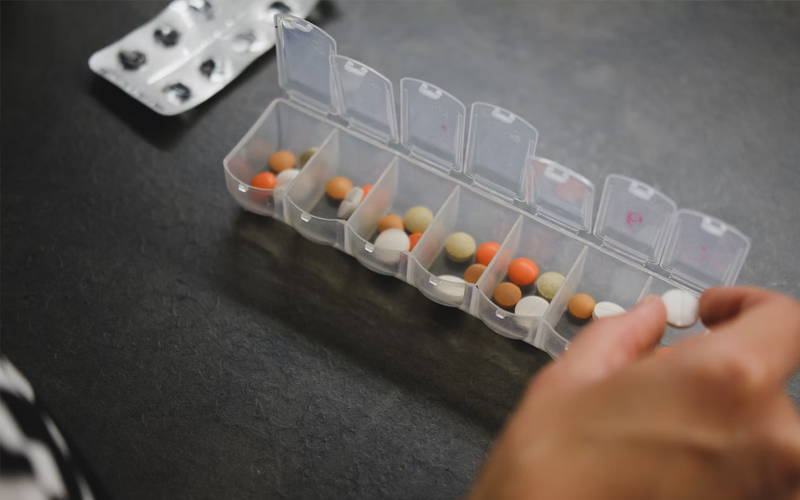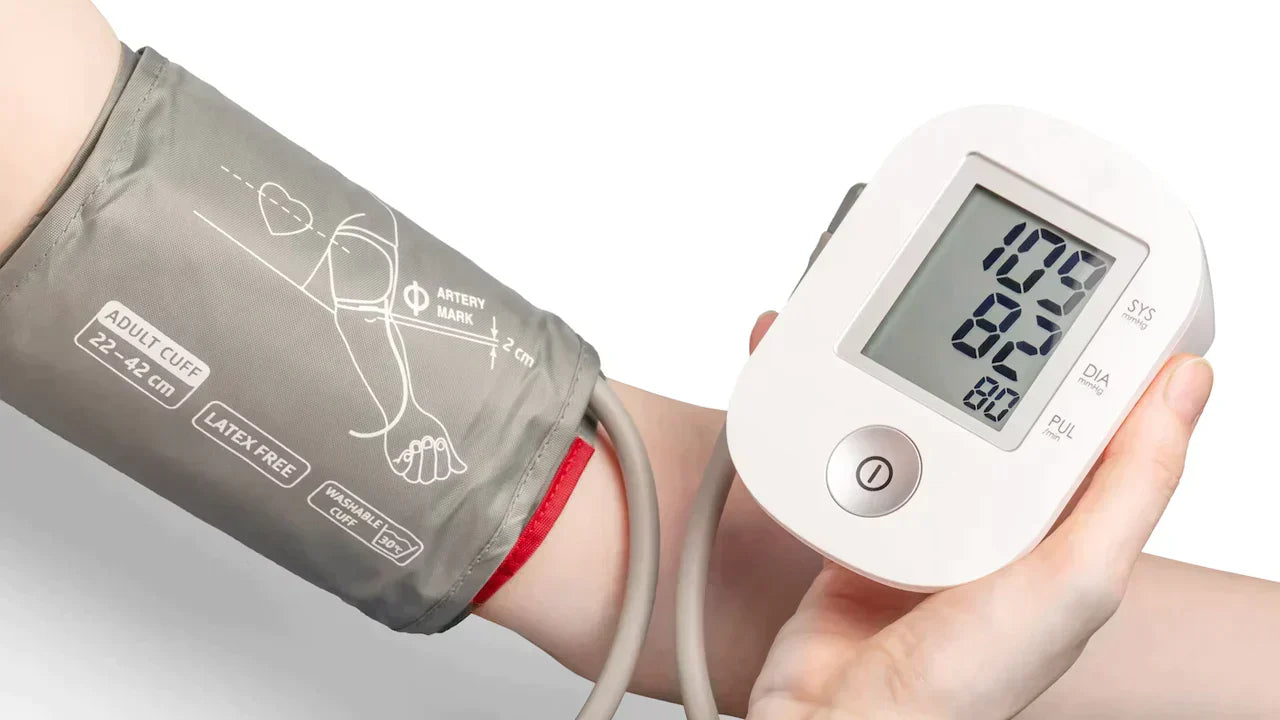Are you seeking a natural approach to managing blood pressure levels? Look no further than Coenzyme Q10 (CoQ10). This vital nutrient has piqued the interest of researchers and health enthusiasts alike, as studies suggest it might play a role in maintaining cardiovascular health, including coq10 blood pressure regulation. But what exactly is CoQ10, and how does coq10 lower blood pressure? Join us on this journey as we explore the connection between CoQ10 and blood pressure, the mechanisms at play, and additional cardiovascular benefits beyond coq10 blood pressure regulation.
Short Summary
- Understanding blood pressure is essential to cardiovascular health, with CoQ10 potentially beneficial for reducing levels.
- CoQ10 may support cardiovascular health through its potential role in managing blood pressure, heart failure symptoms and cholesterol levels.
- Lifestyle modifications such as dietary changes and stress reduction techniques can positively impact the management of high blood pressure.
Understanding Coq10 Blood Pressure

Systolic and Diastolic Blood Pressure
Causes and Consequences of High Blood Pressure
- Obesity
- Smoking
- Insufficient physical activity
- Excessive alcohol consumption
- High salt intake
Coenzyme Q10: The Basics

- organ meats
- fish
- nuts
- seeds
- vegetables like spinach and broccoli
Role in Energy Production
Dietary Sources of CoQ10
CoQ10 and Blood Pressure: The Connection

How CoQ10 May Lower Blood Pressure
Clinical Trials and Research Findings
CoQ10 for Cardiovascular Health

Heart Failure and CoQ10
- Improve symptoms of heart failure
- Reduce the risk of major adverse cardiovascular events
- Enhance energy production in the heart muscle
- Reduce oxidative stress
- Improve blood vessel function
CoQ10 and Cholesterol
Safety and Dosage Considerations

Potential Side Effects
Drug Interactions
Recommended Dosage
Lifestyle Changes for Blood Pressure Management











